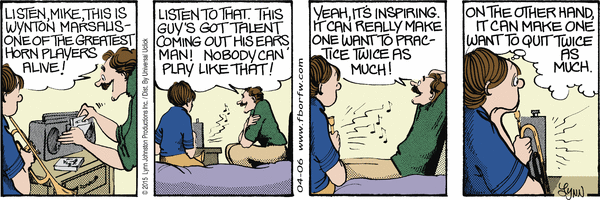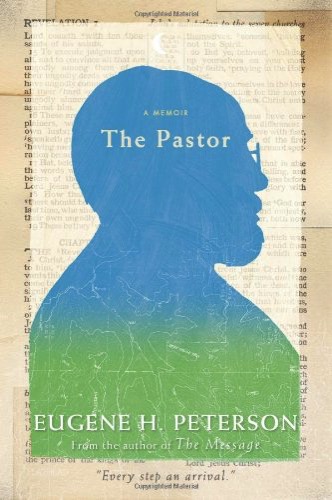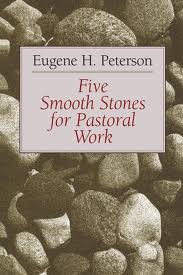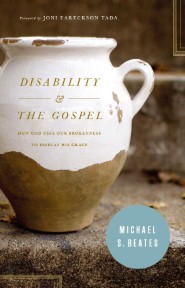Of the four practices of pastoral self-care I recommended recently, the final one encouraged pastors to read good books. Of the naming of books, there may be no end, but here are five that I believe every pastor should read. I commend these with absolute seriousness. To practice ministry without the company of these books, to me, is to walk a tightrope without a net. It’s possible, but oh so risky.

1. The Contemplative Pastor by Eugene Peterson.
Everything about pastoral ministry drives the pastor to do more and to push harder. The culture of American efficiency is not shed upon ordination, and many pastors land in churches where leaders ask increasingly more of them. Peterson deftly subverts that uncompromising culture inviting pastors rather to a more biblical and bearable ministry of the Word and of prayer. It is one of the few books I’ve read more than twice because its lessons I too easily forget. I recently asked other pastors to weigh in on what books they believed should be read by every pastor. Nearly all mentioned this book. For good reason.
2. The Imperfect Pastor by Zach Eswine
Breathing a spirit similar to that of Peterson, Eswine challenges pastors to see the beauty, power, and value of the ordinary place and the ordinary people among whom they are privileged to serve. Wrong notions of who the pastor is, what his role is, and where his power lies poisons pastoral ministry beyond bearing for many. Eswine gently administers a welcome and Christ-centered antidote.
3. Surviving Ministry by Michael E. Osborne
The first two books shape pastors’ attitudes toward their calling. This (short!) book, expressing the same heart as these, zeroes in on the challenges of ministry when ministry grows hard, as it is prone to do. Mike, a personal friend, is a good pastor who cares deeply for pastors. There is power in his honesty. Born from his humble and gracious mining of the lessons of his own struggles and failure, he offers guidance to the unwary.
4. The Cross of Christ by John R. W. Stott
John Stott pastored an Anglican church in London for many years. One cannot measure the impact of that legacy or that of his worldwide speaking ministry. But perhaps his greatest gift to the church is this book on the central work of redemption. Pastors are called to preach “Christ and him crucified,” a calling from which we too easily are distracted. Our congregations have no greater need than to hear a clear and consistent preaching of the hope of the gospel which is rooted in Calvary. Too often we send people out with burdens of what they must do without a reminder of what God has done for them. Perhaps the reason for this is that we ourselves have lost sight of this great truth. Stott’s is a deep and stirring call to make what is most important, most important.
5. The Matares Circle by Robert Ludlum
This, like Ludlum’s better known The Bourne Identity, is a spy thriller. So what is it doing on a list of books geared toward pastoral health? Well, first, it’s here because it is really good. But primarily it is here as a placeholder into which pastors may pour all the books that they may want to read for fun, for relaxation, and for escape. Read for these reasons. It’s not just okay. It’s necessary. A pastor recently sent me a screen shot of his Kindle library which was full of mysteries and thrillers like this. The subject line of his email was “Pathetic, huh?” No, not pathetic. Wise. Those who have seen the movie The Shining are aware that all work and no play did not end well for Jack Nicholson. It rarely ends well for pastors either.





 The book stimulated two tangential thoughts which I think call for some more long term thinking.
The book stimulated two tangential thoughts which I think call for some more long term thinking.